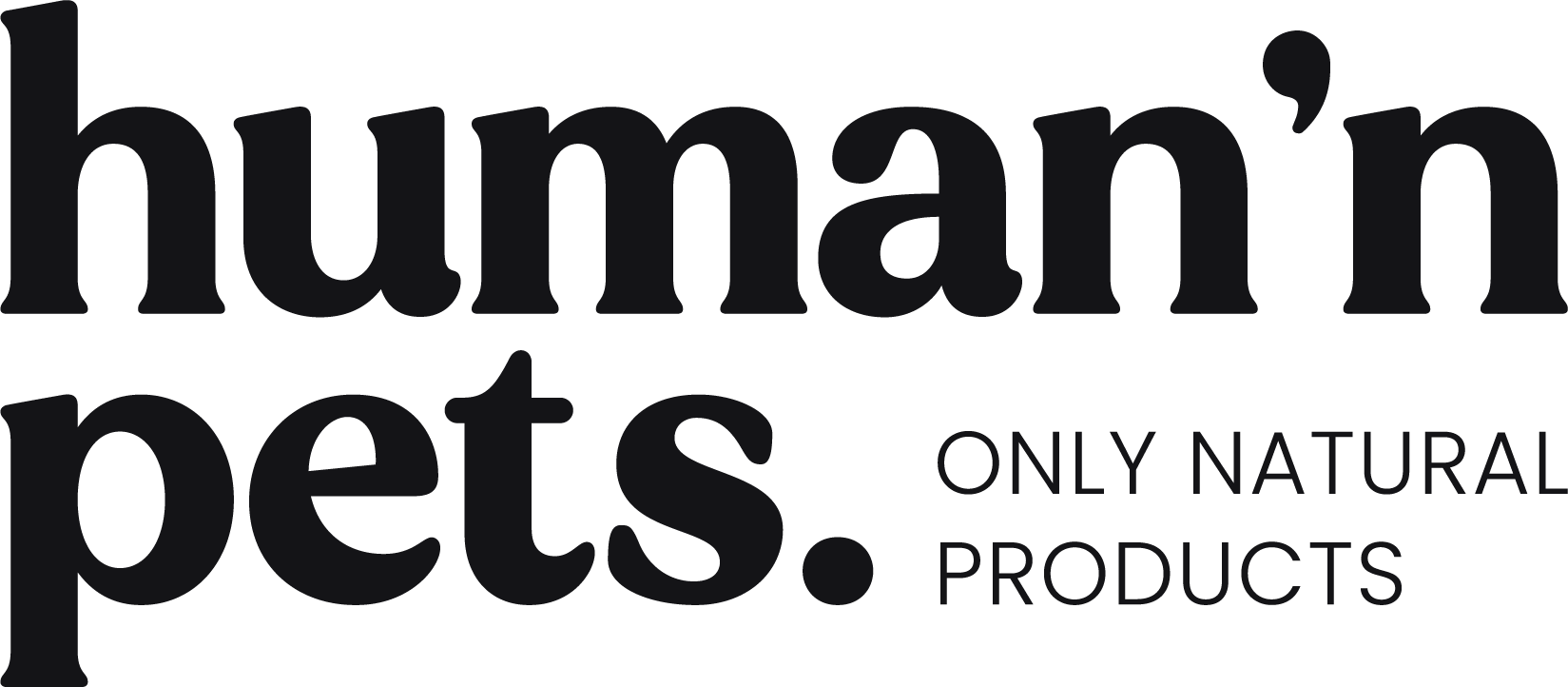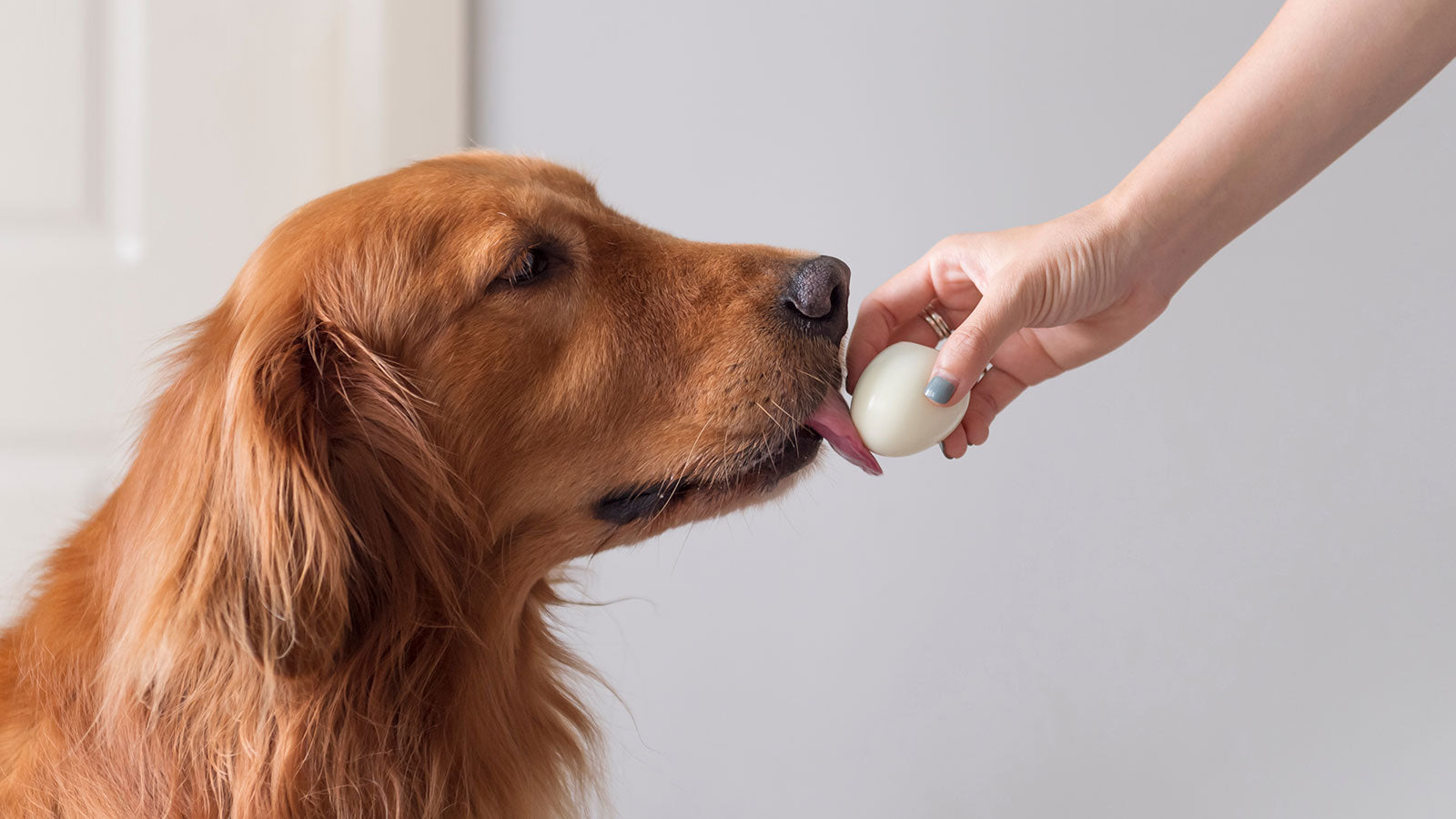Eggs are an incredibly nutrient-dense food that can be a great addition to your dog or cat's diet. Offering raw eggs to your pets can provide a host of nutritional benefits, making them a valuable supplement to their regular meals.
Too bored to read the article? Listen to it!
Eggs are often referred to as a "superfood" due to their rich nutrient profile. They are an excellent source of high-quality protein, which is essential for the maintenance and repair of tissues in your pet’s body. Beyond protein, eggs are packed with essential vitamins and minerals, including Vitamin B12, Vitamin A, Iron, and Riboflavin, all of which play crucial roles in maintaining your pet's overall health.
Adding a couple of whole eggs to your pet's raw food meals each week can enhance their diet, providing them with a well-rounded nutrient boost. When feeding eggs, it is recommended to include the shells as well, as they are a natural source of calcium, which is vital for strong bones and teeth.
Biotin Deficiency and Egg Whites: A Balanced Perspective
One common concern among pet owners is the potential for biotin deficiency when feeding egg whites. Egg whites contain avidin, an enzyme that inhibits the absorption of biotin, a B vitamin essential for healthy skin, metabolism, and cellular growth. While it’s true that avidin can bind to biotin and reduce its availability, it would take a very large quantity of egg whites to cause a deficiency.
Moreover, nature has provided a solution to this issue within the egg itself. The egg yolk is rich in biotin, effectively balancing out the avidin in the egg white. Therefore, when feeding whole eggs, the risk of biotin deficiency is minimal, as the yolk’s high biotin content offsets the effect of avidin. It’s important to feed the entire egg, including both the white and the yolk, to ensure your pet receives a balanced nutrient intake.
Addressing the Risk of Salmonella
Salmonella contamination is a potential concern when feeding raw eggs. This bacteria can be harmful to both pets and humans if ingested in large quantities. To mitigate this risk, it is crucial to source eggs from reliable, high-quality providers. Opting for eggs from free-range, pasture-raised chickens is recommended, as these eggs are less likely to be contaminated with Salmonella.
Additionally, only feed raw eggs to pets that are likely to have strong gastric acidity. Healthy, raw-fed dogs and cats typically have more acidic stomach environments, which can help neutralize any potentially harmful bacteria, including Salmonella. Pets with compromised health or those not accustomed to a raw diet may have lower gastric acidity, making them more susceptible to bacterial infections.
How to Safely Incorporate Eggs into Your Pet's Diet
When introducing eggs into your pet’s diet, it’s important to do so gradually, especially if they are not used to consuming raw foods. Start with a small amount and observe how your pet reacts. If there are no signs of digestive upset, you can gradually increase the quantity.
Feeding eggs a couple of times a week is sufficient to provide the nutritional benefits without overloading your pet’s diet. Remember to include the eggshells if possible, as they are an excellent source of calcium. You can crush the shells into a fine powder and mix them into your pet’s food to make them easier to digest.
It’s also worth noting that while raw eggs are highly beneficial for most pets, they may not be suitable for all. Pets with certain health conditions or those on specific diets may require adjustments, so it’s always best to consult with your veterinarian before making significant changes to your pet’s diet.
Creative Ways to Serve Eggs to Your Pet
There are several ways you can incorporate eggs into your pet's diet. Here are a few ideas:
- Scrambled Eggs: Lightly scramble eggs in a non-stick pan without any added oils or seasonings. Allow them to cool before serving to your pet.
- Boiled Eggs: Hard-boiled eggs are an easy option. Simply peel the egg, chop it into small pieces, and mix it with your pet's regular food.
- Egg Toppers: Use cooked egg as a topper for your pet's regular meals. This can add variety and make their food more enticing.
- Eggshell Powder: If you're looking to boost your pet's calcium intake, you can dry and grind eggshells into a fine powder, and sprinkle a small amount over their food.
Conclusion
Incorporating eggs into your dog or cat’s diet can be a great way to boost their nutrient intake, providing them with high-quality protein, essential vitamins, and minerals. While there are some concerns regarding biotin deficiency and Salmonella contamination, these can be effectively managed by feeding whole eggs, sourcing eggs from reputable suppliers, and ensuring your pet has good gastric acidity. By following these guidelines, you can safely make eggs a nutritious part of your pet’s diet.






Share:
10 Benefits of Adding Vegetables to Your Dog's Diet
Feeding Fish: Benefits, Risks and Best Practices